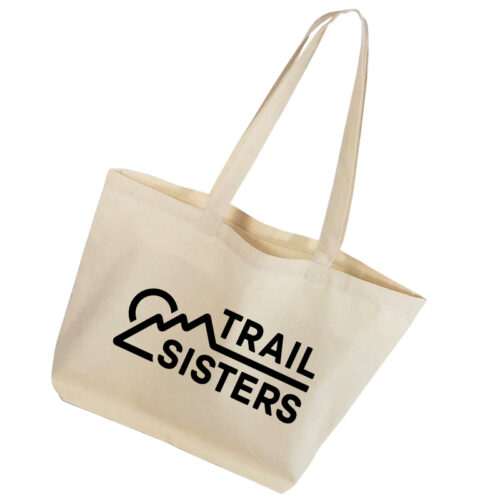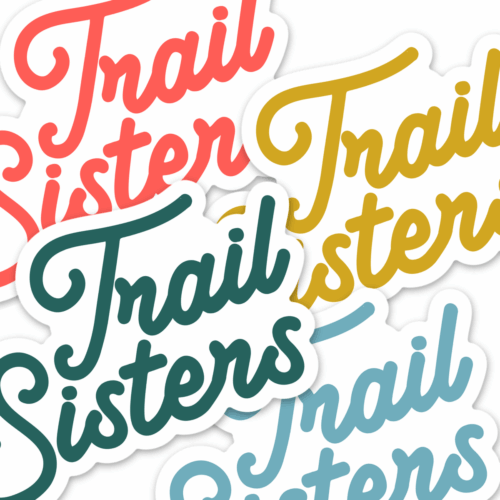We are in the midst of an unprecedented pandemic, with COVID-19 affecting the daily life of every person on the globe, and our days seem to have become hectic and unpredictable. Health advice is coming at us from all angles, with everyone from celebrities, to social media influencers, to health professionals providing their opinions on a wide variety of cures, treatments, and preventive strategies to help us remain free of this virus. At times staying healthy can seem entirely overwhelming, and even impossible for those who don’t have immediate access to groceries and medical supplies. It’s important for us to keep our health goals in perspective during this time, and to focus on what we can control in our daily lives that maintains our health both physically and mentally.
Nutrition
Food and nutrition play an important role in helping us to maintain the health of our bodies and immune systems. During this pandemic we have been advised to limit our trips out of the house, encouraging us to stock up on shelf-stable items and freezer-friendly foods to sustain us while we distance ourselves from others. Here are a few key points to keep in mind while considering how to support your body with food:
- Include a VARIETY of foods – All foods provide nutrients in some form, and our bodies rely on having a variety of foods to gain all the nutrients we need. With that being said, the focus of the moment is on shelf-stable and freezer friendly options that can provide us all our essential nutrients:
- Protein: tuna, sardines, beans, lentils, nuts/seeds, peanut butter, frozen meats and fish, tofu/soybeans, cheese, yogurt
- Carbohydrates: rice, pasta, breads/baked goods, pastries, cookies, crackers, tortillas, potatoes, corn, beans, lentils, fruit
- Fat: nuts/seeds, peanut butter, olive oil, avocados, full-fat cheese and dairy products
- Fruits & Veggies: canned versus fresh versus frozen – fresh and frozen have the highest retention of nutrients, but canned options still provide a good portion of the food’s original nutrient content! Canned and frozen are perfectly nourishing options to rely on during this time.
All vitamins and minerals play a role in defending our immunity and supporting our bodies (which is why variety in food choices is so key!). However, there are a few vitamins and minerals with more significant roles in supporting our immune systems:
- Vitamin
C: citrus fruits, bell peppers, broccoli, cauliflower, fruit juices
(orange, grapefruit, and tomato specifically)
- Vitamin A: sweet potatoes, canned pumpkin, spinach, kale, carrots
- Vitamin E: sunflower seeds, almonds, avocado, olive oil, peanut butter
- Zinc: beef, crab, turkey/chicken, pumpkin seeds, lentils, garbanzo beans
- Eat ENOUGH food – With increased pressure on our bodies to stay healthy, it is our responsibility to make sure we are feeding our bodies enough to support their efforts. Stress often suppresses our natural signals of hunger, so it may be necessary to actively provide yourself with reminders to eat throughout the day.
- Eat foods you ENJOY – This is often overlooked, but SO important! Find a way to include foods you love to eat! When you shop, add a few extra chocolate bars, bags of chips, a gallon of ice cream, or whatever your favorite might be to your cart. If we give ourselves permission to eat the foods we love, without passing judgment on their nutrient density, we are nourishing our bodies not only with additional energy to support daily functioning, but also by supporting our mental health with joy and satisfaction.
Sleep
Getting good quality sleep is essential for our bodies to recover and reboot each day. While increased stress can interfere with sleep quality, creating a nightly routine and practicing good sleep hygiene can significantly improve the quality and duration of our sleep. A few tips for improving sleep hygiene:
- Limit screen time before going to bed – If you can cut yourself off from using your phone, tablet, laptop, or TV for 30-60 minutes before going to bed, it may help your body prepare for quality sleep more efficiently and be in a more relaxed state. Plus, taking yourself away from the nightly news stories can be a good mental break!
- Make sure the room you sleep in is as dark as possible – If you live in a populated area, make sure to close your curtains to keep out the light from street lights, cars, or other buildings. Also make sure to turn off or hide lights present in the room, including things like clocks, electric razors/toothbrushes, and nightlights.
- Make your sleep environment as quiet as possible – This may be tricky if living in a city or apartment, where outside noises are out of your control. In this case, it can be helpful to have a fan or a white noise machine to help block some of the irregular outdoor sounds. However, external noises coming from TVs, radios, phones, etc should be silenced before going to bed.

Movement
Physical activity looks very different now that gyms have closed, races are postponed, group runs canceled, and this change in itself can bring increased stress. However, including some type of movement each day can be highly supportive of both your physical and mental health during this heightened time of stress.
Now is a great time to explore different types of movement that may be lower intensity and doable in a smaller space. Find an activity that brings movement and joy all in one! Maybe your gym offers virtual group classes or beginner yoga routines; maybe you are able to take long walks around your neighborhood, or maybe you’d just like to turn on some loud music and dance for a while. Whichever movement you choose, you’ll be doing your body a favor by helping to improve sleep quality, managing levels of stress and anxiety, and strengthening your body overall.
Mental Health
The world seems a little scary right now, and feeling heightened emotions related to stress, anxiety, and sadness is perfectly okay. Know that you are not alone in your feelings, and there are people and resources available to help support you during this time. If your emotions become overwhelming, don’t be afraid to reach out for help – call a friend or family member, practice grounding or mindfulness techniques, or connect with a mental health professional via telehealth. Here are a few links that may provide you with some helpful resources to support your mental health:
- Emotional Wellbeing During the COVID-19 Outbreak
- CDC: Stress and Coping
- Child Mind Institute: Supporting Families During COVID-19
- Resource for Finding Telemental Health Providers
The Bottom Line is… There is only so much we can control right now, so focus on what is realistic for you as an individual. We are all doing our part to decrease the spread of COVID-19 by distancing from others and staying home, and it’s important to ensure we are taking care of ourselves mentally and physically at the same time.















